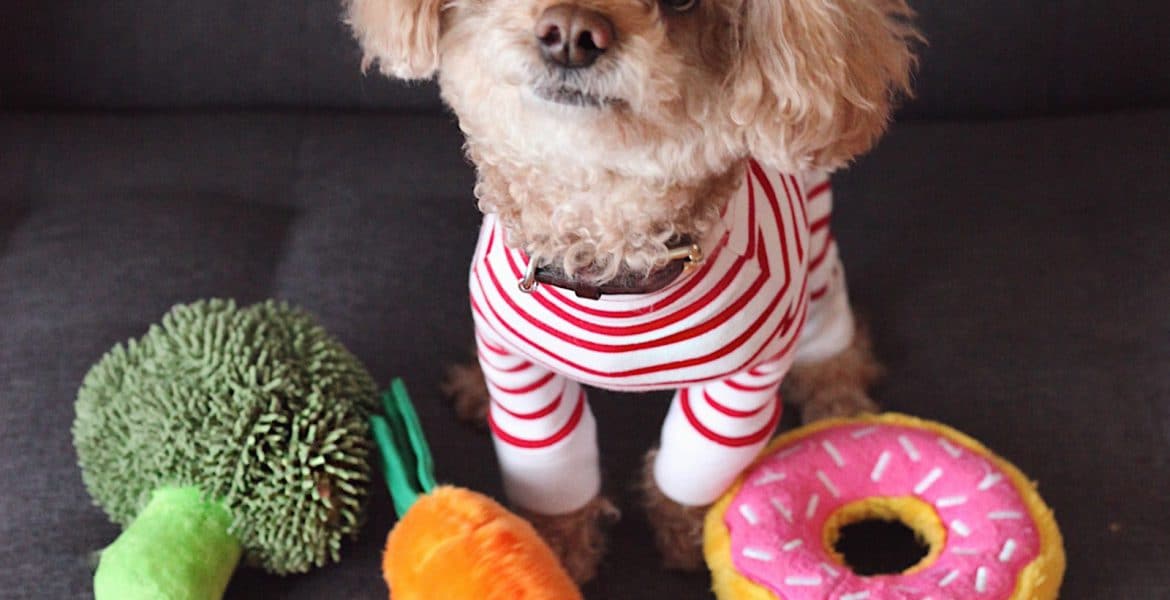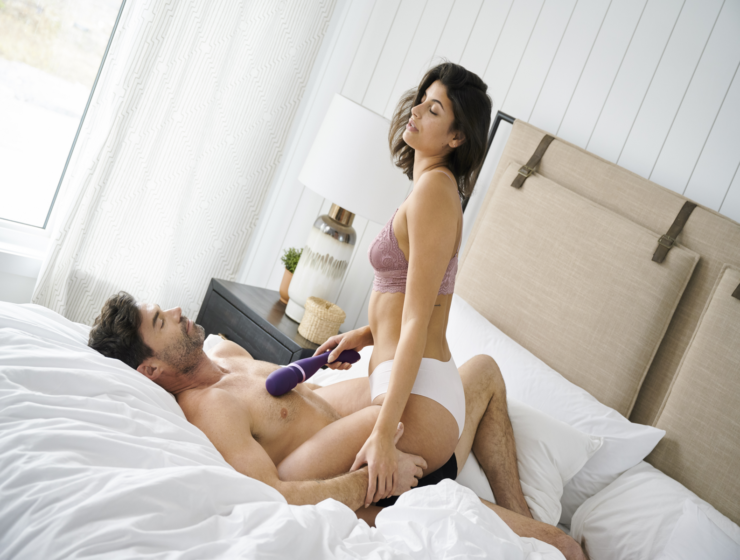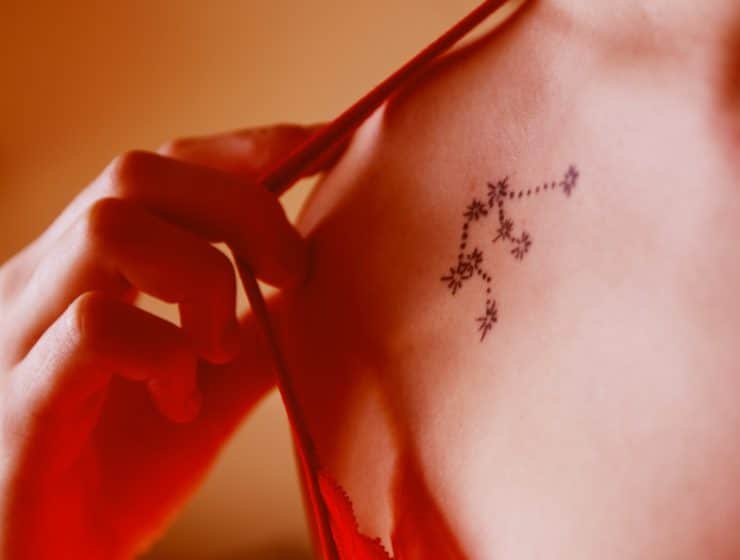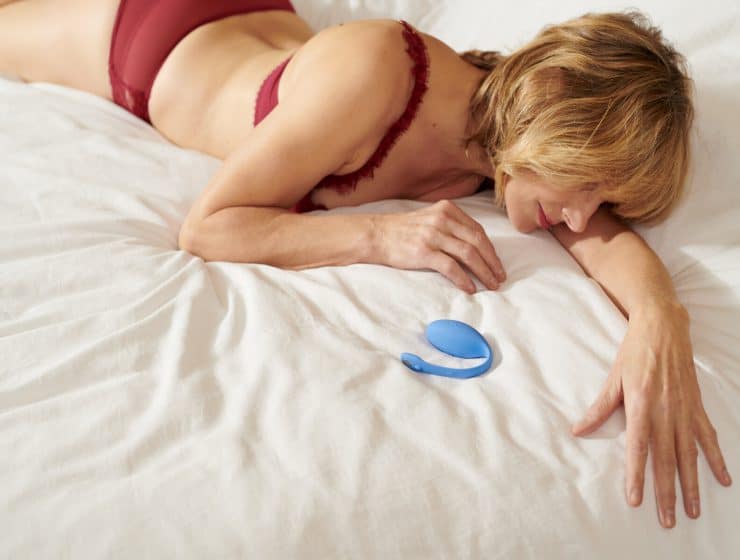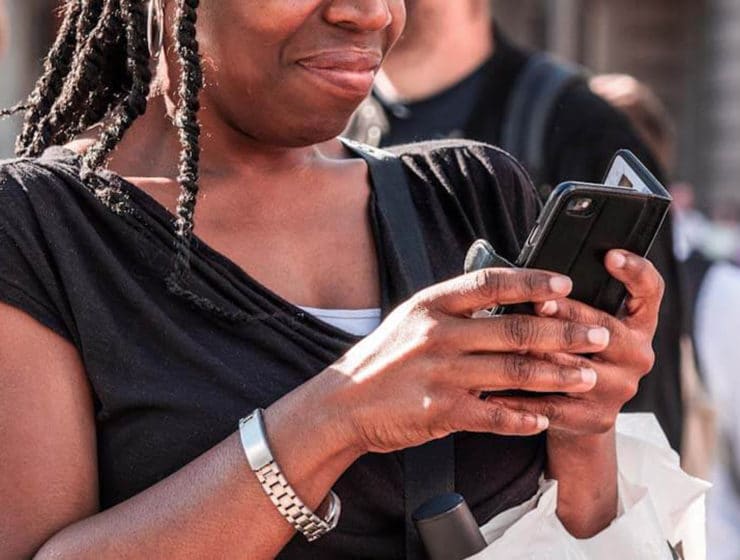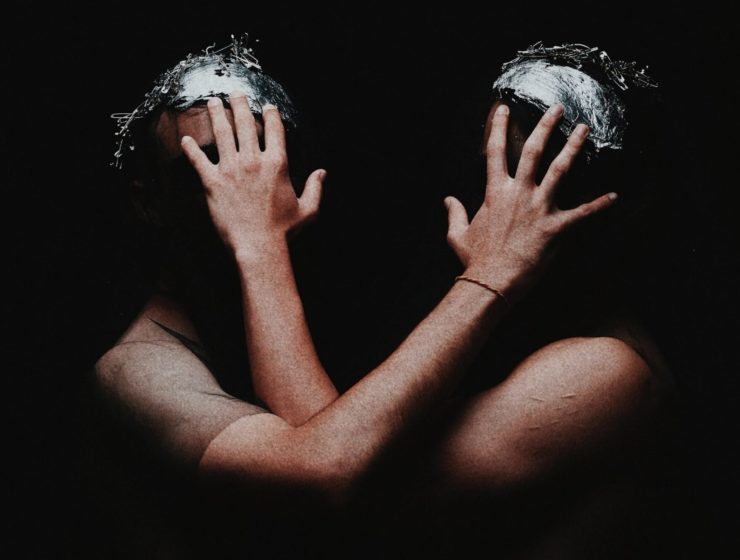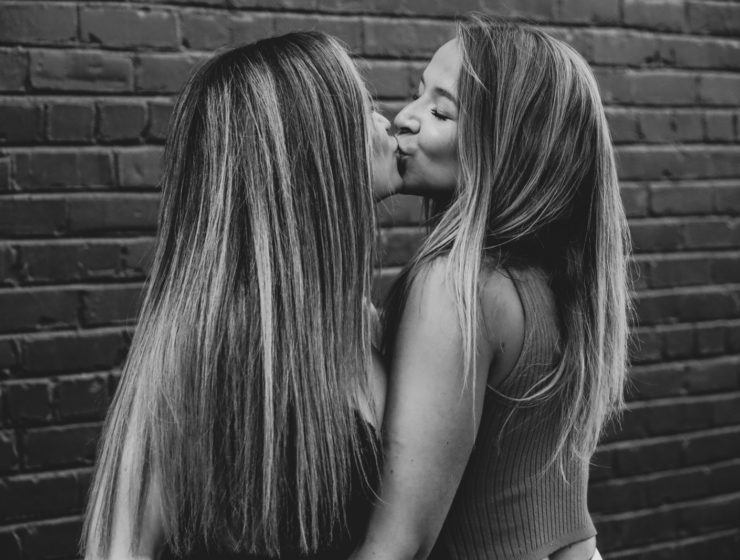Dieting is now a global industry. Just this year there was a dieting app launched for kids in the United States. While that was met with the expected criticism, the fact that it was even released shows that diet culture is out of control. Here’s why I decided to be done with it…
Dieting and labeling foods as good and bad has been natural to me since my early childhood. My mother, a naturally slim woman, would dine “healthily” on tiny servings during the week and then enjoy a huge breakfast at our favorite café every Saturday. At the time this seemed quite normal and I didn’t realize she was an early fan of the so-called “cheat day.”
Stories like this are incredibly common among women I know and, with the onset of social media, I can’t imagine it’s any different for kids growing up today. There’s no question that this attitude to food is not healthy, and can even be a gateway into full-blown eating disorders.
According to the National Association of Anorexia Nervosa and Associated Disorders, over 30 million people of all ages and genders in the US currently live with an eating disorder. Yet we are still bombarded daily with Insta-friendly ads for laxative teas and diet lollipops. These products are dubious at best and their only consistent effect is making their audience think there’s some “ideal” weight everyone should be aiming for.
The concepts supported by diet culture, like fatphobia and body shaming, are undoubtedly helpful to no one. So what is the purpose of diet culture? Is there any positive side to it at all? After all, it’s stuck around so long and only grown in social influence…so there must be something to it, right?
Simply put: no.
When trying to evaluate the good and bad sides of something, I consider who it benefits. If something is beneficial to at least a small group of people, then perhaps it’s not all black and white. But no. The very answer to who diet culture benefits only condemns the concept further. The only people diet culture has a positive effect on are those who make money from it and that’s not a good reason for us to keep buying into it.
It’s not impossible.
After years and years of living with diet culture broadcast to me via TV and film, social media and commercials, it has taken a lot of effort to shake it from my everyday thinking when it comes to both how I view myself and my relationship with my body. However, it’s not impossible. Of course, I’m not saying I eat ice cream for breakfast, lunch and dinner and then high-five myself in the mirror. Learning to love yourself in the face of diet culture takes time and work.
One of the surprising ways I have fought diet culture and learned to accept and value my body despite struggling with self-esteem is through self-love – both mental and physical. As I couldn’t bring myself to delete my beloved Instagram, I instead made a conscious effort to make sure my feed was full of more positive content like Beyond Beautiful from Berlin-based Anuschka Rees. I also started to listen to informative podcasts like the educational Food Psych Podcast with Christy Harrison.
Physically working on loving myself was a bit more straight-forward. A few clicks online and I had bought myself a Womanizer Liberty. Having not had much luck with sex toys in the past, I wasn’t too sure about what to expect. However, I soon discovered that reconnecting with myself physically was the spark my brain needed to start appreciating my body for everything it does for me – no matter what it looks like in the mirror.
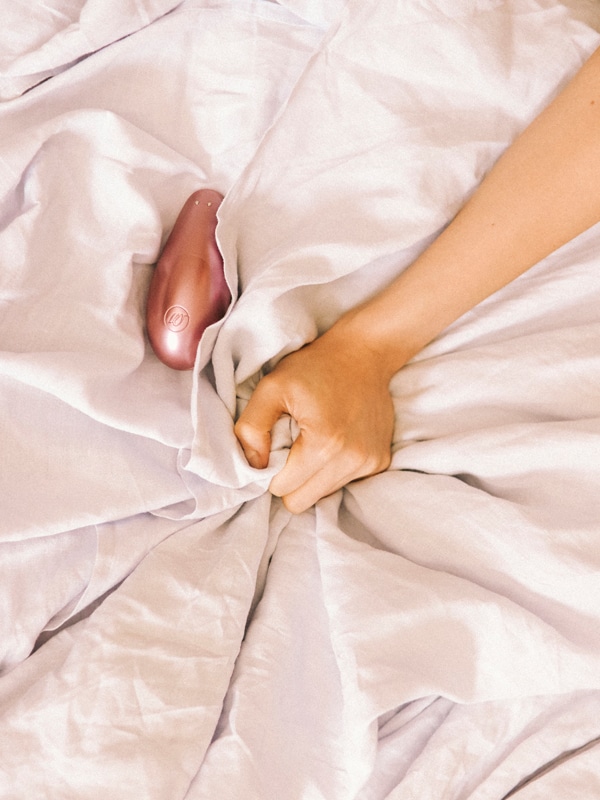
It is completely understandable if evicting diet culture from your mind sounds impossible to you – but it is important to remember that it can be done. It doesn’t matter if it takes you weeks, months or years and if you do it alone, with the support of resources or even with the help of a medical professional. What matters is that we realize diet culture has had its day and – like a bad frozen meal from a dieting food service – has well and truly expired.

